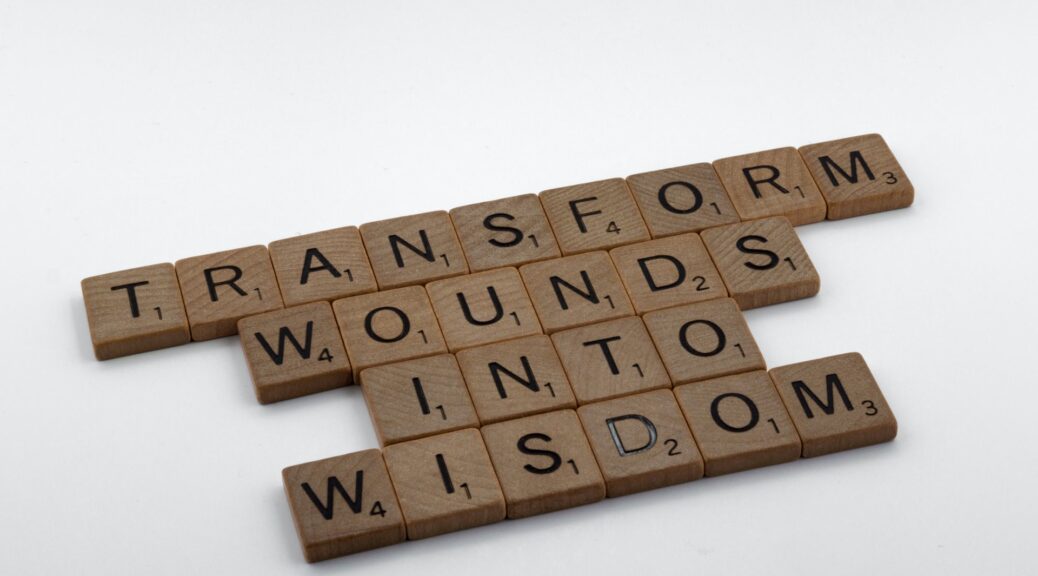I am a 72-year-old well-educated, sad, tired and angry Black woman. Let me tell you why I am so sad, tired and angry.
I am writing this in April, 2021, at the end of the prosecution’s case in the Chauvin trial. For most Black Americans, the killing of George Floyd was like opening an old wound and picking at a scab again and again so that the wound never quite has a chance to heal. The Chauvin trial has caused us to relive that terrible day and to realize that the wound has not yet healed. You may not read this until the trial is over and the verdict is in, but, no matter the outcome, the wound will still be there.
There are always efforts to “heal”, but they are never enough. It is like looking for a cure for an ailment, but only getting temporary relief before the next flare up. Living with this wound is painful, annoying and exhausting. It takes far too much effort.
For Black Americans, this wound is deep and lasting. It started with the brutality of slavery, and has continued to fester in other ways, all requiring the dehumanization of a whole race of people. Slaves were not human in the eyes of the law. At worst, a slave was someone’s chattel. At best, he was three-fifths of a man.
Jim Crow laws and practices continued this dehumanization. A whole race was depicted as not “human” enough to use the same facilities, attend the same schools, or live in the same neighborhoods. I remember as a child wondering why I could not attend a relatively new parochial school one block from my house that I passed every school day for eight years until we moved to another neighborhood. (It was one of several parochial schools in town for “whites” only.) Instead, I attended a parochial school in an older, dilapidated building that was seven blocks away. (It was the only parochial school in town for “colored” students.) Aren’t we all God’s children?
In thinking about the killing of George Floyd and all the other recent cases of police brutality, I am struck by the failure of the perpetrators to see and acknowledge the humanity of their victims. How can a human being kneel on the neck of another human being for over nine minutes unless he dehumanizes the person beneath him? How can he ignore his victim’s pleas and the pleas of bystanders unless he ignores their humanity? How can he act in this manner unless he buries his own humanity?
On June 29, 2020, in the aftermath of the George Floyd killing, the New York Times published an article entitled “Three Words. 70 Cases. The Tragic History of ‘I Can’t Breathe.’” Written by Mike Baker, Jennifer Valentino-DeVries, Manny Fernandez and Michael LaForgia, the article documented 70 cases in which the words “I can’t breathe” were uttered by individuals who died in police custody. The New York Times found that “[t]he majority of them had been stopped or held over nonviolent infractions, 911 calls about suspicious behavior, or concerns about their mental health.” More than half were Black.
Since that time, there have been other instances of inhumane treatment of Black individuals at the hands of law enforcement personnel. Notably, as recently as April 11, 2021, in Brooklyn Center, Minnesota, just 10 miles from the courthouse where the Chauvin trial is being held, Duante Wright, a young Black man, was “accidentally” killed by a police officer after a routine traffic stop.
How can the wound ever heal with the perpetuation of so much violence against the Black community? To heal this wound will require the sustained efforts of all. It means urging our legislators to pass meaningful laws like the George Floyd Justice in Policing Act of 2021, a civil rights and police reform bill recently passed by the U.S. House of Representatives and now under consideration by the Senate. It means offering comfort and hope to those who are in pain. It means honestly confronting our own shortcomings. It means holding wrongdoers accountable for their misdeeds. It means stepping outside of our comfort zone and asking others to do the same. It means addressing the underlying causes of our distress and not giving up until we find a cure. It means always seeing the humanity in others and never forgetting our own humanity in our interactions with others. Only then can we begin to heal the wound.
Image by Brett Jordan on unsplash
Also see Make Healing a Priority
- The Wound that Will Not Heal – by Dianne Irvine Fleet - April 15, 2021

